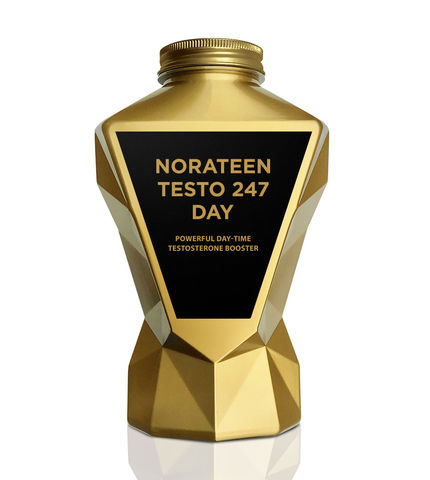Saturday, 31st May 2025
What Happens When a Supplement Stops Working
And how to get it working again
By LA Muscle on 31.05.2025 08:12 pm

Many people start a supplement and see great results in the beginning—more energy, better workouts, faster recovery, increased strength, or noticeable fat loss. But over time, that same supplement seems to lose its impact. The progress slows, the benefits fade, and you’re left wondering: “Has my body adapted? Is this a waste now?”
The truth is, it's common for supplements to stop working as well as they did initially. But the good news is: this doesn’t mean they’re useless. It just means you need to adjust your strategy.
Here’s what’s happening, and what you can do to get results again.
Why Supplements Stop Working
1. Tolerance Build-Up
Your body adapts to many compounds over time. Just like caffeine or pre-workouts, regular use of certain supplements can lead to reduced effectiveness as your receptors become desensitised.
Examples: Creatine, caffeine-based fat burners, testosterone boosters, nitric oxide boosters.
2. Improved Baseline
In some cases, the supplement is still working—but you've improved so much that the original effect is now your new "normal." You don’t feel the dramatic boost anymore because your body has adapted and progressed.
3. Inconsistent Use or Dosing
If you’ve become less consistent or are under-dosing, the results will naturally fade. Many people also change how they take the supplement over time (e.g., skipping days, taking with different foods) without realising the impact.
4. Product Quality or Formula Change
If you’ve changed brands or the supplement manufacturer altered their formula, the effectiveness may drop. Not all ingredients are equal, and lower purity or cheaper forms make a big difference.
5. Lifestyle Changes
A supplement can’t make up for poor sleep, overtraining, stress, or a drop in diet quality. If your lifestyle habits have changed, it can reduce the effectiveness of even the best products.
What You Can Do to Make the Supplement Work Again
1. Take a Break (Cycling Off)
Many supplements benefit from a cycle: use for 6–8 weeks, then stop for 1–2 weeks. This resets your body’s sensitivity and helps the supplement become effective again when reintroduced.
Best for: Pre-workouts, fat burners, testosterone boosters, adaptogens.
2. Switch to a Higher Quality or Advanced Version
Not all supplements are created equal. Upgrading to a purer, more bioavailable, or clinically dosed version can reignite results. For example:
-
Upgrade from standard creatine monohydrate to a more absorbable version like creatine HCl or a creatine blend.
-
Switch from generic multivitamins to one with chelated minerals and active forms like methylated B vitamins.
3. Change the Timing or Delivery
Sometimes, simply adjusting when or how you take the supplement can make a big difference. For example:
-
Take fat burners earlier in the day, or split into 2 doses.
-
Take creatine post-workout with carbs to boost absorption.
-
Try taking testosterone boosters at night if they affect sleep hormones.
4. Check Your Diet and Recovery
No supplement works well with a poor foundation. If your protein intake is low, sleep is broken, or stress is high, your supplements won’t have the same effect. Focus on:
-
7–9 hours of quality sleep per night
-
Balanced macros, especially enough protein
-
Proper hydration
-
Deload weeks or rest days in training if progress stalls
5. Stack Smarter
Some supplements work better in combination. If a single ingredient has stopped working, it may need supporting nutrients.
Examples:
-
Combine creatine with beta-alanine or citrulline for strength and endurance.
-
Pair Ashwagandha with magnesium for stress and recovery.
-
Use vitamin D alongside zinc and boron to enhance testosterone support.
6. Track and Rotate
Monitor how you feel and perform on each supplement. Rotating between different formulas or stacks can keep your body responsive without total burnout or desensitisation.
Supplements are tools—not magic. If one stops working, it’s often a sign that your body has adapted or that other variables need adjusting. Instead of ditching it altogether, take a strategic approach: reset, cycle, refine your stack, and support it with solid training and nutrition.
This is how you turn a plateau into progress again.





























